Flushed face? Damp clothing? Feeling ready to strip down into your skivvies?
It’s hot in here — and no, we’re not talking about the unseasonably warm temperatures we’ve been having in the PNW over the past few weeks. For many perimenopausal and menopausal people, it’s actually just… you!
Well, you and one of the most commonly reported (and uncomfortable!) symptoms folks in these demographics wish to rid themselves of: HOT FLASHES.
Many of our patients here at the clinic fall in an age range of their late 30s to early 50s — and we’ve noticed a recent uptick in folks seeking relief for hot flashes, especially as the season turns toward the warmer months of the year. And they aren’t alone.
According to the North America Menopause Society, as many as 75% of North American women have hot flashes during perimenopause and nearly a quarter of them experience enough discomfort to seek relief from their clinicians.
“Although their exact cause still isn’t fully understood, hot flashes are thought to be the result of changes in the hypothalamus, the part of the brain that regulates the body’s temperature. If the hypothalamus senses that a woman is too warm, it starts a chain of events to cool her down. Blood vessels near the surface of the skin begin to dilate (enlarge), increasing blood flow to the surface in an attempt to dissipate body heat. This produces a red, flushed look to the face and neck in light-skinned women. It may also make a woman perspire to cool the body down.”
The good news: acupuncture helps!
Acupuncture helps to reduce hot flashes in addition to improving sleep quality and other quality of life measures. Whether or not you use hormone treatments, acupuncture can be an effective part of your toolbox to combat this sticky symptom.
But don’t just take my word for it. Randomized controlled trials confirm the same.
In 2015, a meta-analysis of 12 studies with 869 participants showed statistically significant reductions in the frequency and severity of hot flashes with acupuncture treatment. Additionally, participants receiving acupuncture also experienced improved sleep quality scores, as well as significant decreases for, “psychological, somatic, and urogenital subscale scores on the Menopause Rating Scale”.
Another study investigating acupuncture treatment for menopausal symptoms found noted improvement within 3 weeks of treatment for hot flashes (aka hot flushes), emotional symptoms, and skin and hair symptoms.
Also worth a mention, a study in the Journal of the North American Menopause Society, revealed acupuncture treatment for hot flashes (aka climacteric symptoms) clearly associated with a reduction in blood pressure (systolic and diastolic) equal to the effect of phytoestrogen treatment.
Absolutely, acupuncture can be a great way to reduce the severity and frequency of hot flashes, while assisting with improving sleep and overall quality of life. I also recommend adding a few simple lifestyle changes to assist along the way:
Eat more cooling foods (considered yin foods in Traditional Chinese Medicine) such as cucumbers, leafy greens, watermelon, and even cool soups like gazpacho (almond or tomato-based), especially as temperatures heat up in the summertime.
Avoid or limit factors that worsen symptoms in most people such as alcohol, caffeine, and spicy foods.
Regularly practice any one of your stress reduction techniques such as mindful breathing, walking meditation, or gentle stretching.
Stay hydrated!
Perimenopause and menopause do not have to be experiences we suffer through. If you are ready to address your hot flashes (day-and-night sweats) with acupuncture, schedule a visit! You owe it to yourself to cool off and experience the positive side effects of treatment for multiple aspects of menopause. We’re here to help!
Sources:
Author:





